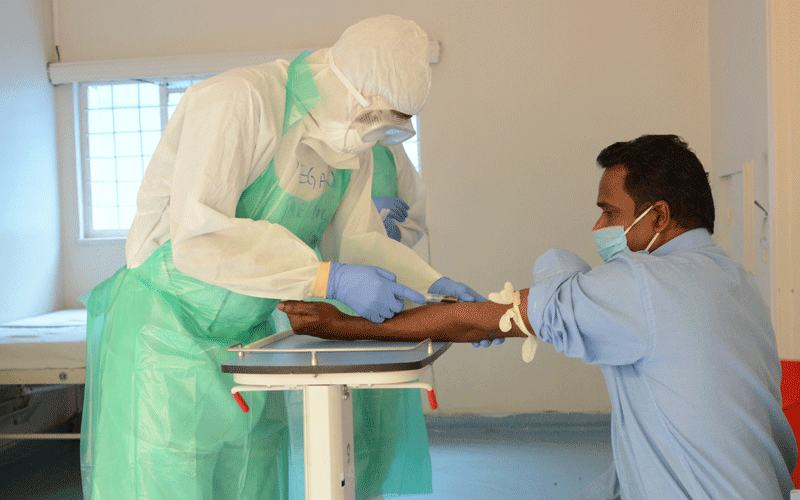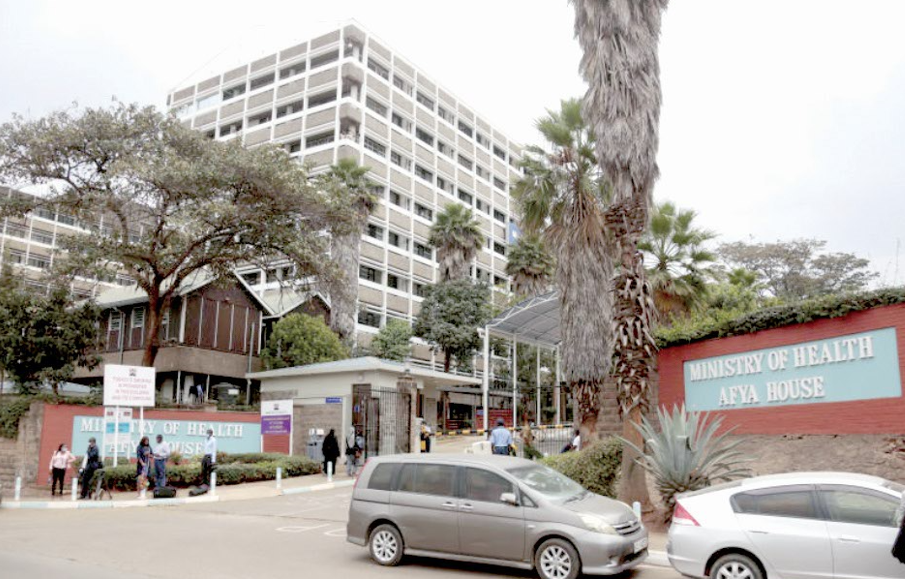Corona disrupts treatment of cancer, fresh survey reveals

Treatment of non-communicable diseases (NCDs) such as cancer, diabetes and hypertension have been declining in the face of the Covid-19 pandemic, a new survey by the World Health Organisation (WHO) now warns.
According to the survey conducted in 155 countries, the treatment disruption further threatens people living with these conditions, who are already the most vulnerable to the effects of Covid-19.
Already in Kenya, there have been reports of empty hospital benches as patients fail to seek both outpatient and in-patient services for fear of contracting corona.
“A majority of patients who need treatment for ailments like cancer, cardiovascular disease and diabetes have not been receiving health services and medicines since the Covid-19 pandemic began.
It is vital that countries find innovative ways to ensure that essential services for NCDs continue, even as they fight the virus,” said Dr Tedros Adhanom Ghebreyesus, Director-General of the World Health Organisation.
Governments across the globe have also been giving much focus to Covid-19, disrupting treatment of these life-threatening conditions.
WHO survey established that health services have been partially or completely disrupted in many countries.
More than half -53 per cent of countries surveyed, have partially or completely disrupted services for hypertension treatment.
Some 49 per cent have disrupted treatment for diabetes and diabetes-related complications while 42 per cent for cancer treatment. Another 31 per cent for cardiovascular emergencies.
Rehabilitation services have been disrupted in almost two-thirds -63 per cent- of countries, even though rehabilitation is key to a healthy recovery following severe illness from Covid-19.
In 94 per cent of countries responding, ministry of health staff working in the areas of NCDs were partially or fully reassigned to support Covid-19.
Main reason
The postponement of public screening programmes -for example, for breast and cervical cancer- was also widespread, reported by more than 50 per cent of countries.
Disrupted supply chains due to restrictions have also been blamed for the situations.
In 20 per cent of the countries reporting disruptions, one of the main reasons for discontinuing services was a shortage of medicines, diagnostics and other technologies.
Lack of public transport and cancellation of scheduled visits are also to blame for reduced treatment of these chronic conditions.
Meanwhile, WHO warns that Covid-19 pandemic threatens life expectancy across the globe, which has in recent years been on the rise.
Global body notes that life expectancy and healthy life expectancy have increased- but unequally.
The biggest gains were reported in low-income countries, which saw life expectancy rise by 21 per cent or 11 years between 2000 and 2016.
This in comparison with an increase of 4 per cent or three years in higher income countries.
Improved treatment of HIV, malaria and tuberculosis in lower income nations has increased life expectancy.
Better maternal care has reduced child mortality between 2000 to 2018 by 50 per cent, according to WHO.
Child immunisation has also been widely enhanced. WHO has now warned that emergence of the Covid-19 pandemic threatens to wipe away these gains as few children are immunised while treatment of chronic diseases such as diabetes, diabetes and HIV/Aids neglected.
In 2016, 71 per cent of all deaths worldwide were attributable to non-communicable diseases, with the majority of the 15 million premature deaths at 85 per cent- occurring in low and middle-income countries.












